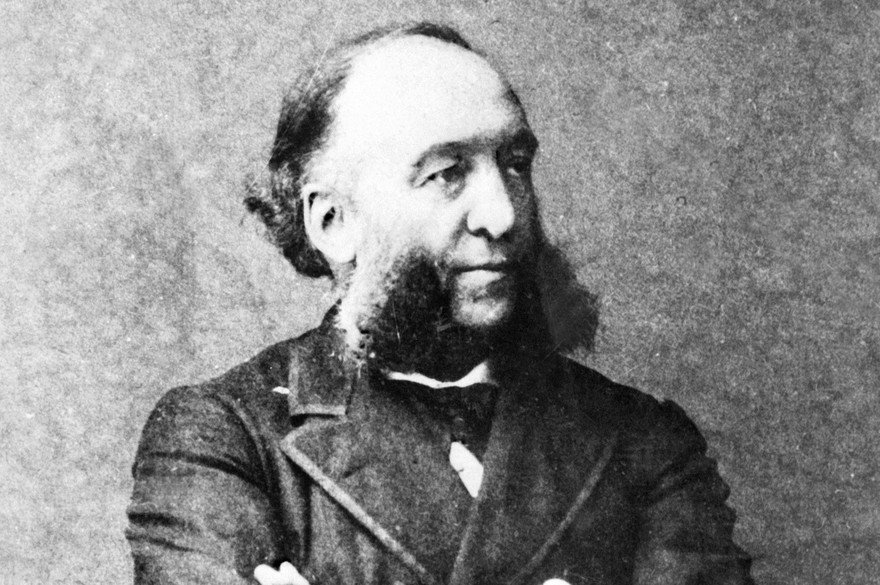Jules Francois Camille Ferry was a French statesman and republican. He was a promoter of laicism and colonial expansion. Take a look below for 26 more fascinating and interesting facts about Jules Ferry.
1. Born in Saint-Die, in Vosges department, France, he studied law, and was called to the bar at Paris in 1854, but soon went into politics, contributing to various newspapers, particularly to Le Temps.
2. He attacked the Second French Empire with great violence, directing his opposition especially against Baron Haussmann, prefect of the Seine department.
3. Elected republican deputy for Paris in 1869, he protested against the declaration of war with Germany, and on 6 September 1870 was appointed prefect of the Seine by the Government of National Defense.
4. In this position he had the difficult task of administering Paris during the siege, and after the Paris Commune was obliged to resign (5 June 1871).
5. From 1872 to 1873 he was sent by Adolphe Thiers as minister to Athens, but returned to the chamber as deputy for the Vosges, and became one of the leaders of the Opportunist Republicans.
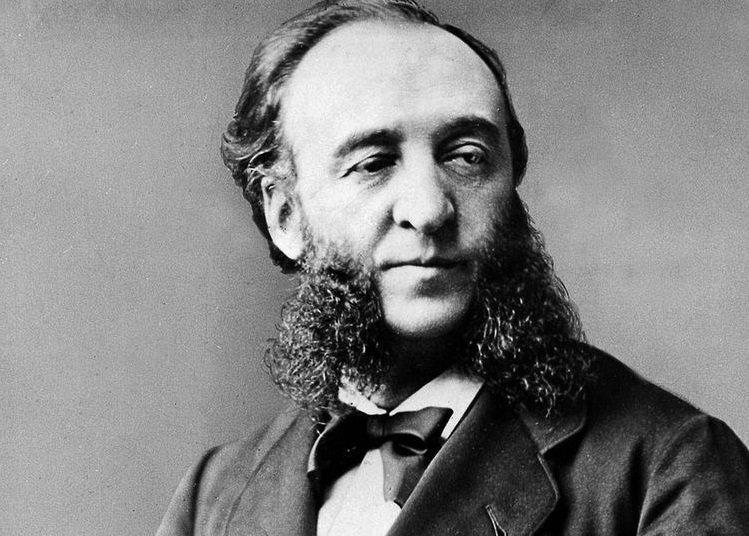
6. When the first republican ministry was formed under W. H. Waddington on 4 February 1879, he was one of its members, and continued in the ministry until 30 March 1885, except for two short interruptions (from 10 November 1881 to 30 January 1882, and from 29 July 1882 to 21 February 1883), first as minister of education and then as minister of foreign affairs.
7. A leader of the Opportunist Republicans faction, he was twice premier (1880–1881 and 1883–1885).
8. He was an active Freemason initiated on July 8, 1875, in “La Clémante amitiée” lodge in Paris the same day as Émile Littré.
9. He became a member of the “Alsace-Lorraine” Lodge founded in Paris in 1782.
10. Two important works are associated with his administration: the non-clerical organization of public education, and the major colonial expansion of France.
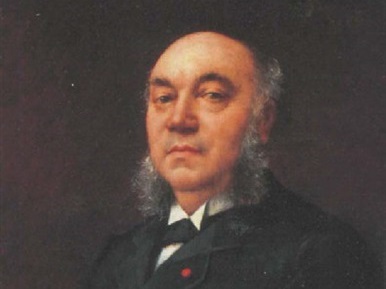
11. Following the republican program, he proposed to destroy the influence of the clergy in the university and found his own system of republican schooling.
12. He reorganized the committee of public education (law of 27 February 1880), and proposed a regulation for the conferring of university degrees, which, though rejected, aroused violent polemics because the 7th article took away from the unauthorized religious orders the right to teach.
13. He finally succeeded in passing his eponymous laws of 16 June 1881 and 28 March 1882, which made primary education in France free, non-clerical and mandatory.
14. In higher education, the number of professors, called the “Republic’s black hussars” because of their Republican support, doubled under his ministry.
15. After the military defeat of France by Prussia in 1870, Ferry formed the idea of acquiring a great colonial empire, principally for the sake of economic exploitation.
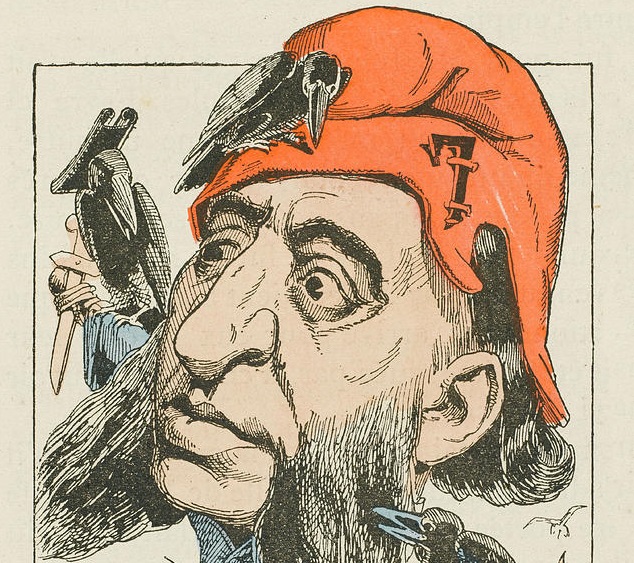
16. In 1882 Jules Ferry, as Minister of Public Instruction, decided to create a mission to explore the Regency of Tunisia.
17. The expedition was headed by the botanist Ernest Cosson and included the botanist Napoléon Doumet-Adanson and other naturalists.
18. Ferry directed the negotiations which led to the establishment of a French protectorate in Tunis (1881), prepared the treaty of 17 December 1885 for the occupation of Madagascar; directed the exploration of the Congo and of the Niger region; and above all, he organized the conquest of Annam and Tonkin in what became Indochina.
19. The key to understanding Ferry’s unique position in Third Republic history is that until his political critic, Georges Clemenceau became Prime Minister twice in the 20th century, Ferry had the longest tenure as Prime Minister under that regime.
20. He also played with political dynamite that eventually destroyed his success.
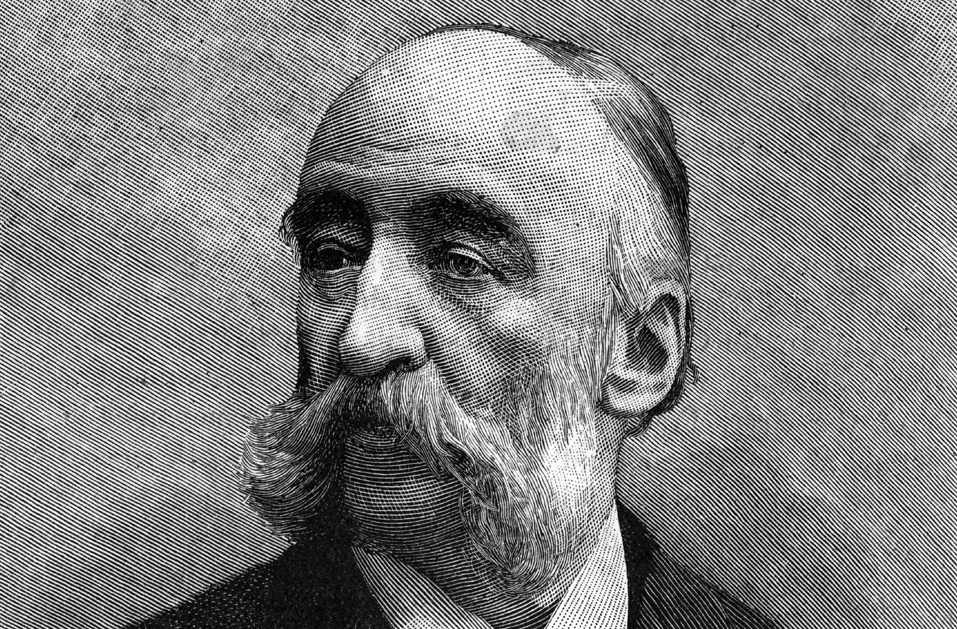
21. Ferry (like his 20th century equivalent Joseph Caillaux) believed in not confronting Wilhelmine Germany by threats of a future war of revenge.
22. Most French politicians in the middle and right saw it as a sacred duty to one day lead France again against Germany to reclaim Alsace-Lorraine, and avenge the awful defeat of 1870. But Ferry realized that Germany was too powerful, and it made more sense to cooperate with Otto von Bismarck and avoid trouble. A sensible policy – but hardly popular.
23. Ferry remained an influential member of the moderate republican party, and directed the opposition to General Boulanger.
24. After the resignation of Jules Grévy (2 December 1887), he was a candidate for the presidency of the republic, but the radicals refused to support him, and he withdrew in favor of Sadi Carnot.
25. On 10 December 1887, a man named Aubertin attempted to assassinate Jules Ferry, who later died from complications attributed to this wound on 17 March 1893.
26. The Chamber of Deputies gave him a state funeral.

